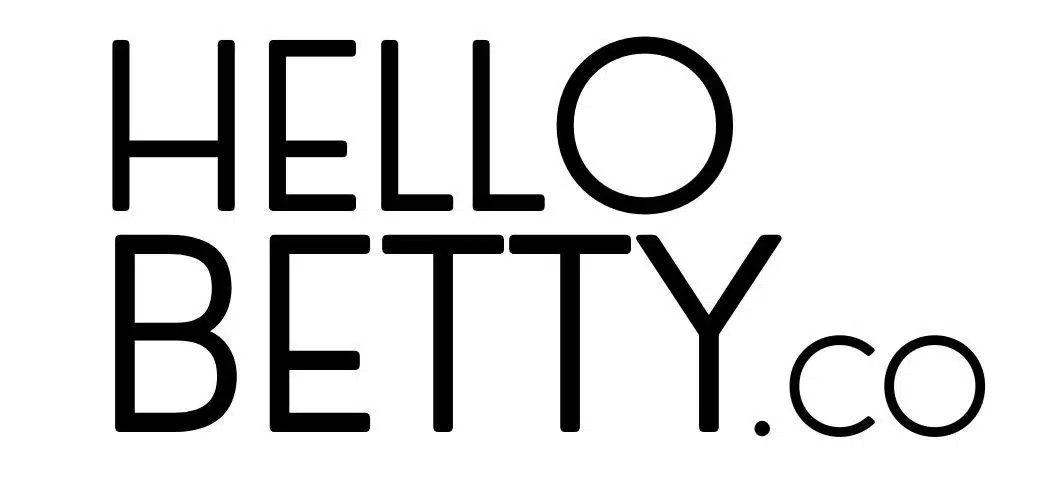How To Ensure Your Technicians Are Utilizing Their Full Potential
If your company is delivering a service that requires technicians to carry tasks out, it’s important to try and keep the team confident that they can carry out what is required. For example, if you’re running a company that rents out technology and solutions to other companies for events, you’re going to need people who are able to problem solve, and flexible enough to work either long hours or unsociable hours, depending on the type of event you’re catering for. As this can be a very fast paced, and sometimes stressful environment, it’s in your best interests as an employer or manager, to do what you can to make their jobs as smooth as possible, and also keep them satisfied within themselves. After all, technicians are a brainy bunch, they have to be able to deal with pressure, use logic to fix issues as they arise or sometimes think on the spot, and as you’ve put so much effort into hiring the perfect team, it’s handy to be able to keep them, right? Here are some tips on how to keep your tech team content and confident in their work, and how you can get the best out of them.
Implement a Skills Matrix For Your Team
Creating a team wide skills matrix and having it available for the whole team to see is a great way to ensure you’re not asking the impossible of an individual, gives them something physical to look at, monitor, and to work toward if they wish, and also ensures that you’re sending the right person out for the right task. For example, if you’re providing IT support, and one of your customers has a faulty printer, you’re probably not going to send someone who specifically excels in troubleshooting Office 365 related software issues. This will also reduce the amount of mistakes that could occur, saving time and the necessity to escalate in the process.
Manage their Workload
Note: This post may contain affiliate links, which means if you buy from my link I might make a small commission. This does not affect the price you pay. See the full affiliate disclosure here.
Making sure that your technicians are able to effectively manage their workload is vital. Ensure that you have proper communication channels. Another great way is to implement software that allows you to manage resource allocation effectively – software bundles like Build-Ops dispatch software are designed specifically to manage your technician’s time and allocation, and provides clarity to all parties necessary on what is required, and acts as a centralised hub for the technician to be assigned tasks and visits.
Be Open to Ideas
As the leader of your tech team,it’s important that they listen to you, but it also helps to listen to them. You’ve hired these people because of their sharp minds and problem solving skills, so they might have equally great ideas that can benefit the business. How you approach this is up to you, whether you do this via one to ones, or as a group, but it’s a good idea to warm to the idea of suggestions from your team. Everyone will be working toward the same goal, but may have different methods, approaches and ideas to get there, and it can’t hurt to have input from more than just one person. It also breeds confidence on both sides, you’ll feel assured that you can trust in your team’s input, and they’ll trust you enough to come to you with suggestions.
Training and Qualifications
In a company that provides a service, training and qualifications are very important. It provides the technicians with the belief that they can carry out their tasks without too much issue, and also the confidence to be able to use their own knowledge and initiative to problem solve. It provides them with a sense of achievement and pride, so try to provide training to not only do their current roles, but also to upskill. Technology is always evolving, so it’s good to ensure that your technicians are kept up to date. You can try implementing training days, where your technicians get the chance to trial any new software/hardware that has been released or updated. Some companies outsource training to other businesses who can come in and demo new equipment or technology. Certification also looks great as a company portfolio to potential customers, because it shows official recognition from the vendor/creators that you are capable, and is reassuring for customers to see that. For example, if a customer would like a new cloud computing solution implemented, and you have someone in-house who’s an expert (And can prove it with accreditations) with Microsoft Azure, it looks great for you and your team, and the business as a whole.






